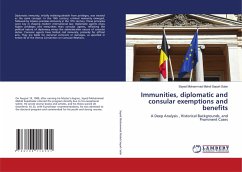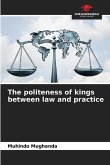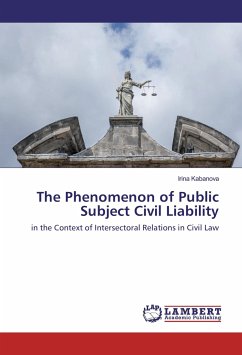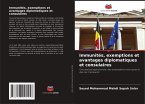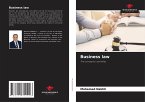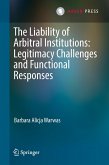Diplomatic immunity, initially indistinguishable from privileges, was treated as the same concept. In the 16th century, criminal immunity emerged, followed by mission premises immunity in the 17th century. These principles were key in shaping modern international law. Diplomatic agents enjoy higher privileges and immunities than consular agents, reflecting the political nature of diplomacy versus the administrative nature of consular duties. Consular agents have limited civil immunity, primarily for official acts. They are liable for personal contracts or damages, as specified in Article 45 of the Vienna Convention on Consular Relations.
Bitte wählen Sie Ihr Anliegen aus.
Rechnungen
Retourenschein anfordern
Bestellstatus
Storno

